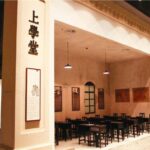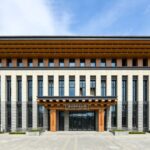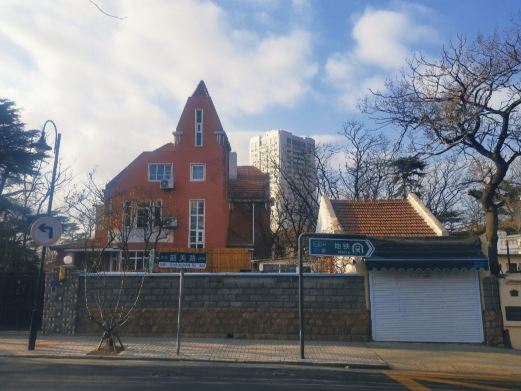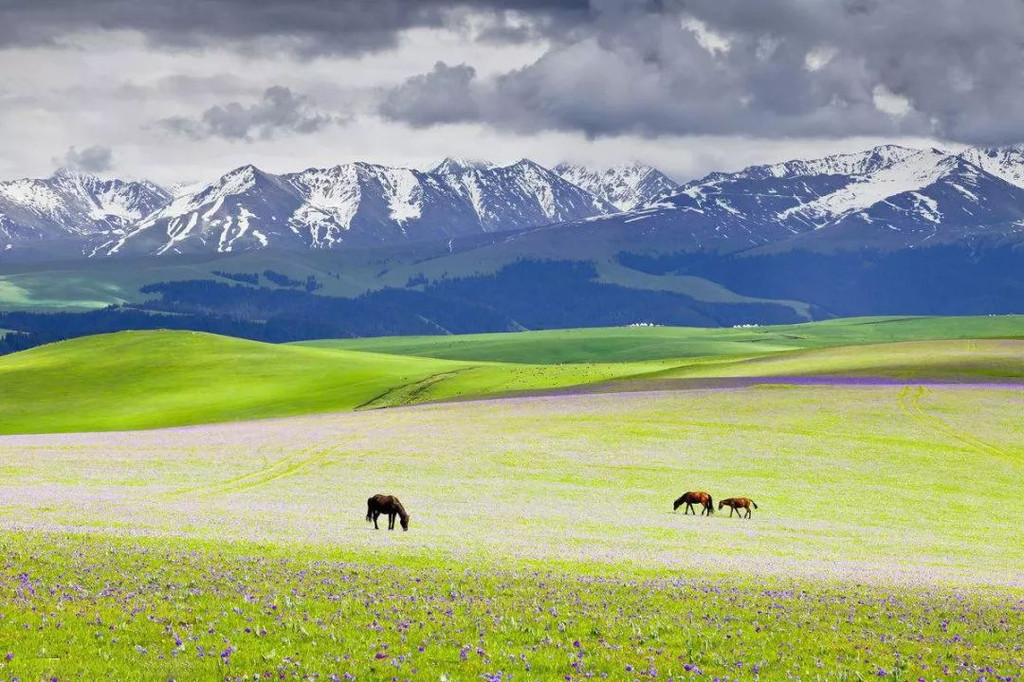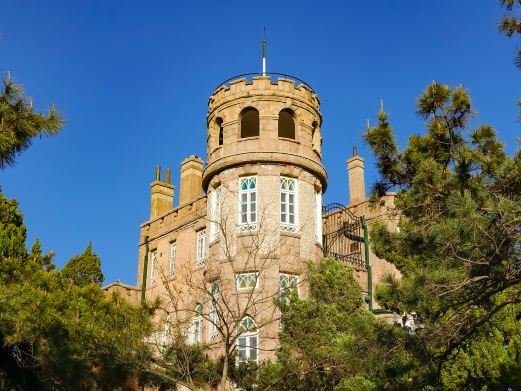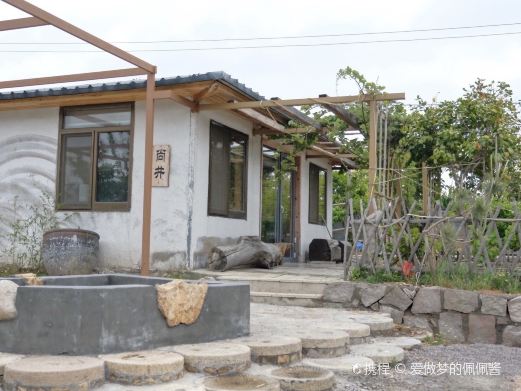Zoucheng City is the hometown of the great ancient Chinese philosopher and educator, Mencius. The residence of the direct descendants of the Meng family – Meng Mansion, and the place for worshipping Mencius through the ages – Meng Temple, are located in the southern part of Zouche City. Meng Temple, also known as the Temple of the Sublime Sage, is an ancient architectural complex with five courtyards, centered around the Hall of the Sublime Sage, with a central axis running north-south and symmetrical buildings on both sides, totaling 64 halls.
The Hall of the Sublime Sage is the main structure within the temple. The temple buildings have been renovated multiple times through the dynasties, and the existing structures were rebuilt during the Kangxi period of the Qing Dynasty, representing ancient architectural works from the Song, Yuan, to the Ming and Qing periods in China. Meng Mansion is located to the west of Meng Temple and was first constructed in the late Northern Song Dynasty. Its architectural layout is rigorous and orderly, consisting of seven courtyards. The front part of Meng Mansion is the official government office, the middle part is the private residence, the rear is the garden, and the west route is the Meng family’s academy, ‘Sanqian Academy’. There are 148 buildings within the mansion, including pavilions, halls, and towers, making it one of the largest and well-preserved ancient buildings in China that combine government offices and residences. In addition, there is Meng Forest, also known as the Sublime Sage Forest, where Mencius is buried, located 13 kilometers northeast of Zouche City. Meng Forest is built against the mountains, with a grand momentum, and contains more than ten thousand ancient trees, making it one of the largest and most historically significant family cemeteries in China. Opening hours are from 08:20 to 18:00 all year round. Preferential policies include free admission for seniors: nationwide seniors aged 60 and above with valid IDs or senior citizen cards; free for children: children under 1.4 meters tall or aged 6 and below with IDs; half-price for minors: those taller than 1.4 meters and under 18 years old with their own IDs; free for teachers: with their own IDs, Teacher’s Qualification Certificates, and Professional Technical Qualification Certificates (registration required at the ticket office); free for Meng descendants and spouses: Meng descendants with their own IDs, and spouses with their own IDs and marriage certificates (or household registration books) (registration required at the ticket office); free for military personnel and dependents: active military personnel, retired military officers, firefighters, and veterans with their own IDs and valid certificates; free for dependents of martyrs, those who died in service, and those who died of illness, with their own IDs and valid certificates; free for the disabled: with their own IDs and disability certificates; one accompanying person is free for the blind and those with double lower limb disabilities; free for journalists: with press cards issued by the State Administration of Press, Publication, Radio, Film and Television; free for high-level talents in Shandong Province: with their own IDs and ‘Shandong Hui Talent Card’ or ‘Jining Sacred Land Talent One Card Pass’; free for Zouche City residents: with original IDs (registration required at the ticket office). No free admission during the Spring Festival Temple Fair (from the first to the fifteenth day of the first lunar month), Labor Day, New Year’s Day, and National Day. Half-price for students: full-time undergraduate and below students with student IDs.Meng Mansion and Temple Scenic Area
Zoucheng City is the hometown of the great ancient Chinese philosopher and educator, Mencius. The re[...]




